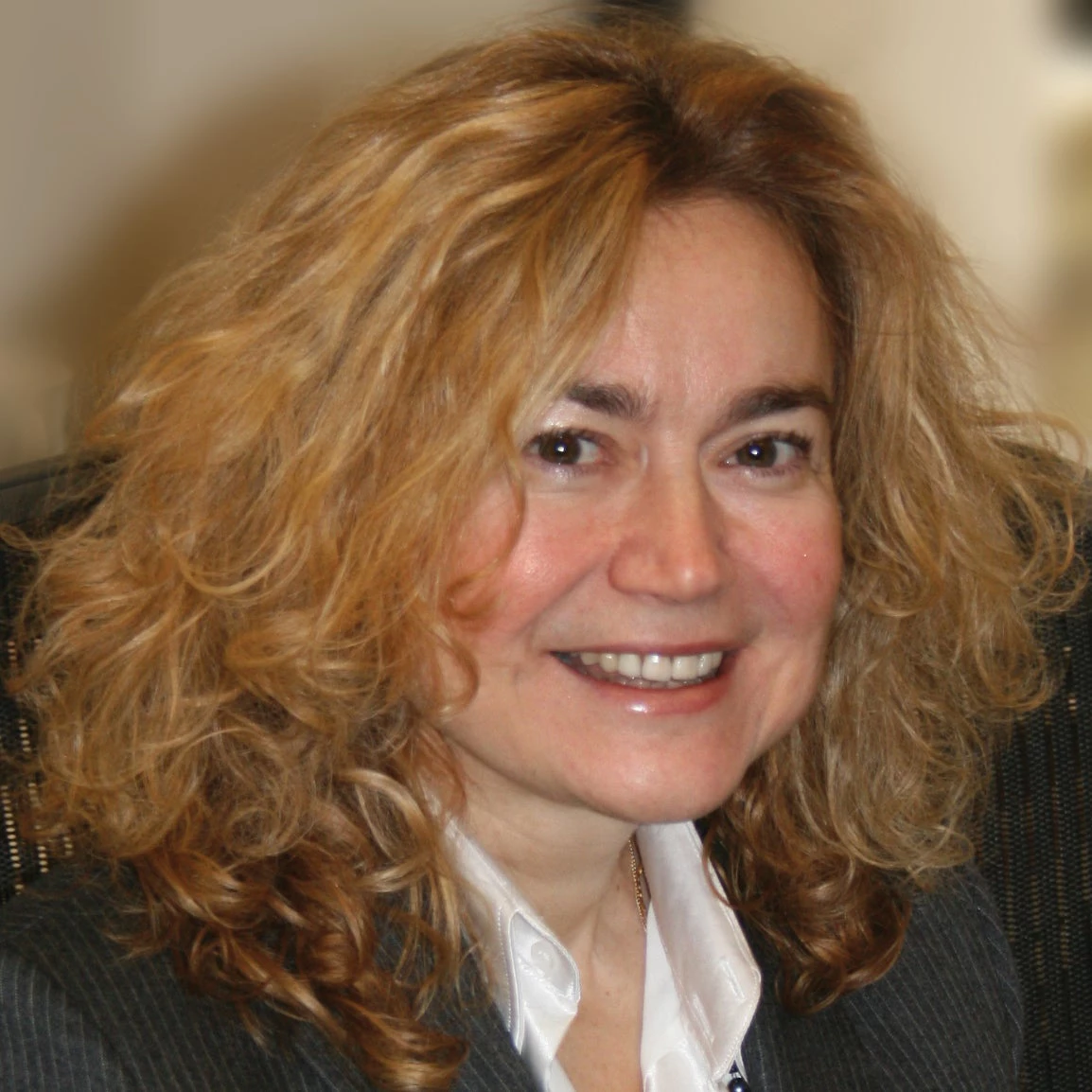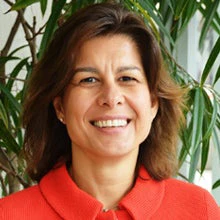Financial inclusion is on the rise globally. The third edition of the Global Findex data released last week shows that worldwide 1.2 billion adults have obtained a financial account since 2011, including 515 million since 2014. The proportion of adults who have an account with a financial institution or through a mobile money service rose globally from 62 to 69 percent.
Why do we care? Having a financial account is a crucial stepping stone to escape poverty. It makes it easier to invest in health and education or to start and grow a business. It can help a family withstand a financial setback. And research shows that account ownership can help reduce poverty and economically empower women in the household.
However, women are less likely than men to have a financial account. The gender gap in developing economies remains unchanged at 9 percentage points since we first started collecting this data in 2011.
In Turkey, financial inclusion has improved — 69 percent of adults have an account, up from 57 percent in 2014. Most people also actively use their accounts. But only 54 percent of women have an account, compared to 83 percent of men. This 29 percentage point gender gap is roughly three times as large as the average gender gap in emerging economies (Figure 1).
Although, many large emerging economies have a gender gap, no such gaps are found in the Russian Federation or in South Africa. In Indonesia, women are actually slightly more likely than men to have an account.
In fact, Turkey has one of the largest gender gaps in financial inclusion in the world. Granted, there has been improvement because the gap was close to 50 percentage points in 2011. Nevertheless, we were surprised by Turkey’s outlier status in this area, so we dug deeper to understand why.
There are barriers to financial inclusion…
- In Turkey, 72 percent of unbanked women say one reason they do not have an account is that one of their family members already has one. However, research shows that having one’s own account, by oneself or jointly with someone else, is important for empowerment. Financial literacy and awareness campaigns may help. In the developing world overall, a quarter of the unbanked cite this reason for not having an account, with no difference between men and women.
- Do people choose to remain unbanked due to religious concerns? Not really. In Turkey, 19 percent of adults without an account at a financial institution cited religious concerns as a reason. Yet high costs are as important as religious concerns, and the share who reported religious concerns as their sole reason for not having an account was minuscule—just 1 percent.
- One challenge to closing the gender gap is that 89 percent of unbanked women do not participate in the labor force. The same is true of 65 percent of unbanked men.
...but whatever the barriers, advances in digital technology present opportunities to expand financial inclusion and close the gender gap
- In Turkey, 88 percent of unbanked women have a mobile phone, potentially offering convenient access to digital financial services. In other we see that technology is helping reduce inequalities. In Côte d’Ivoire, men are twice as likely as women to have a bank account — yet women are just as likely as men to have only a mobile money account. In Kenya, men are 19 percentage points more likely than women to have a bank account, but women are 10 percentage points more likely than men to have only a mobile money account.
- About one in 10 unbanked women — about 1 million unbanked women — send or receive domestic remittances in cash or through an over-the-counter service. Expanding the reach of mobile remittances could have benefits that go beyond convenience. Research shows that mobile transfers help people survive financial shocks by making it easier to collect money from faraway relatives when times are tough.
- Roughly one in 6 unbanked women save using semi-formal methods. If those savings were moved into an account, up to 2 million unbanked women could join the formal financial system. Better use could be made of these savings with higher returns.
- There are also opportunities to help financially included adults use their accounts more often. In Turkey, 30 percent of women who have an account still pay utility bills in cash, including 4 million such women who have a mobile phone.
May this note serve as a call to Turkish society to catch up and close this gender gap.



Join the Conversation